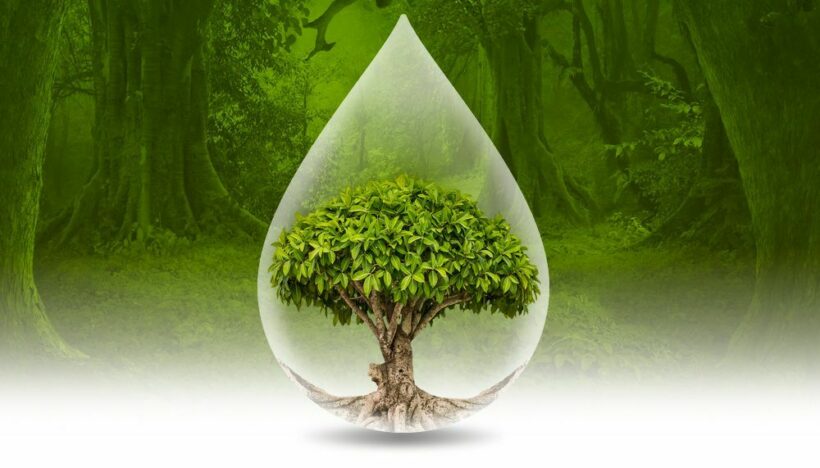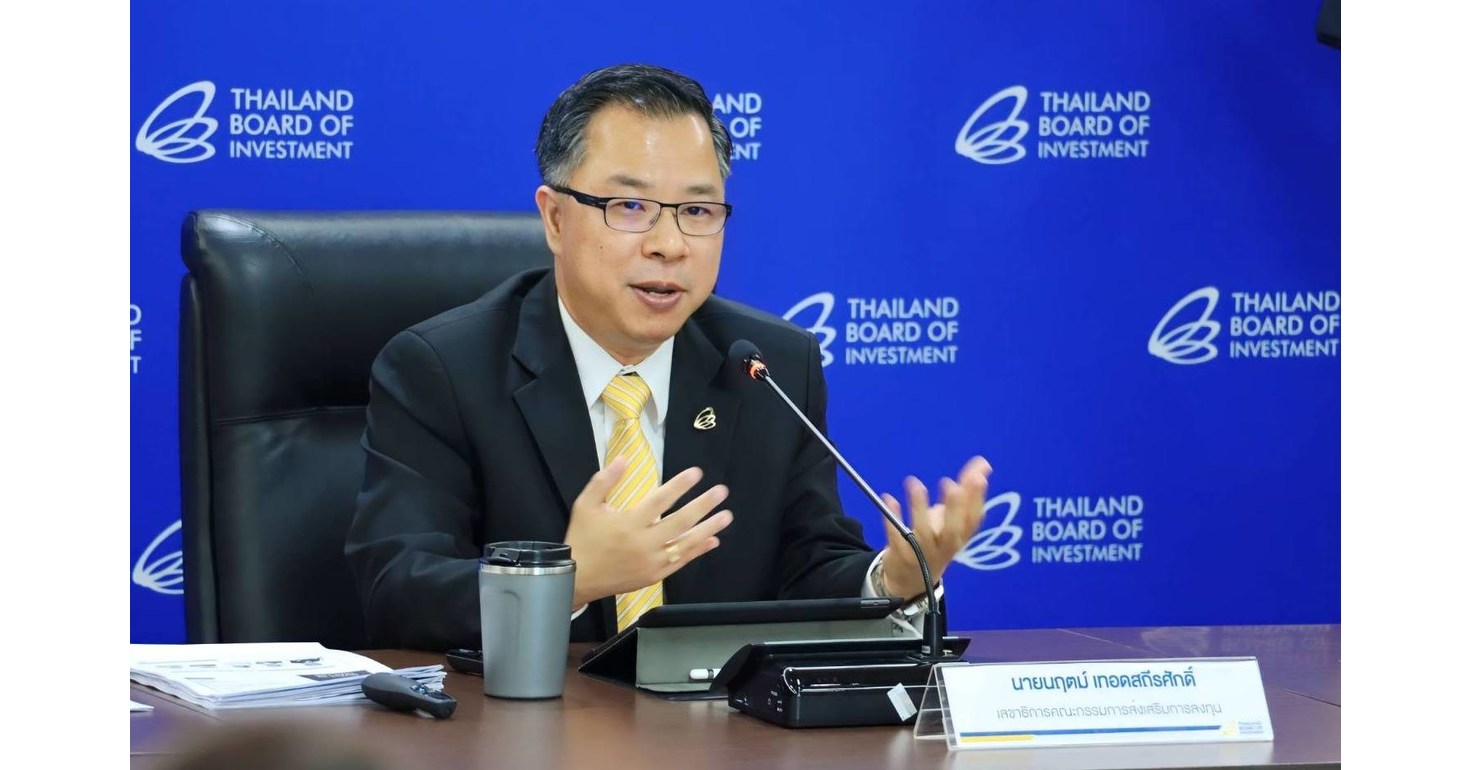Thailand’s Board of Investment unveils transformation plans

Thailand’s Board of Investment (BOI) has come up with new ways to attract more investment into Thailand. The board’s target is an easy-to-swallow group of companies dubbed “smart and sustainable” according to Bangkok Post.
The government’s effort to create a “new” economy in Thailand is focused, like almost every other Asian nation, on buzzwords. The board’s chosen buzzwords are “innovation” and “sustainability,” just the same as everyone else.
BOI secretary-general Narit Therdsteerasukdi said on Thursday that the executive board has endorsed the new measures and that they will take effect on January 3. The “new” ideas comprise a five-year investment strategy that is set to run until 2027.

The rules are designed to help the economy focus on innovative and sustainable growth, Narit said.
One of the new measures is to “encourage” more investment into industries “important to national development,” including EVs, food and – a bizarre choice with sustainability firmly at the front of policymaking – the space industry. Wouldn’t it be more sustainable not to have any space industry at all?
The BOI’s other ideas include tried-and-tested methods that have already shown themselves inadequate in fostering sustainability – quite the opposite. These include increased spending on research and development, expansion, relocation and upgrades: the standard tools of venture capital. They’ve all been tried, but none of them works. Incentives include tax exemptions (for investors, not workers or consumers) for three to 13 years.
The five-year strategy sets out to transform the Thai economy into one driven by technology, innovation and creativity. The measures have all the hallmarks of an inept government torn between a planned economy and allowing foreign investors to pillage whatever catches their marauding eye.
Placing environmental and social sustainability “at the core” does not do justice to the concepts. Sustainability and social awareness tweaks cannot transform processes that are already liable to kill us all.
A sustainable job considerably improves the worker’s life, over and above the interests of investors and shareholders. A job that does not greatly improve the quality of the air breathed by workers and their families both during their everyday lives and work, is not sustainable. Persuading developers to do a little less damage is not a success.
A factory must increase green space. An office building must clean up the water supply rather than just not make it worse. Biodiversity on every agricultural project in the country must increase, on a quarter-to-quarter basis. People working from home must be able to demonstrate that their work is having an immediate, beneficial effect on their neighbourhood. The lives of their neighbours must become better because of their work. “Not getting worse” is not good enough.
Any new enterprise should be able to show that it will not harm the health of any worker, anywhere on the supply chain. If one person is harmed by the toxic waste and inhumane conditions brought by a mining operation in a distant foreign field, none of the products of that operation should be used in any processes, should they? If one worker falls from scaffolding, the stadium should never host a single event.
Is that unreasonable? If it is, then how do we choose who is to suffer? Market forces?
Sustainability means that everyone’s life improves in some ways, but does not get worse in any. Everyone gets a better life, not just hedge fund managers. All the workers need a decent home before the CEO gets a second home. Everyone eats a proper meal before shareholders get fat.
Sustainability will not be created by encouraging investment. Quite the contrary: Investment is the diametric opposite of sustainability. It was money that caused all our problems. Money will not solve any of them. Investment screams unsustainable. Pour more fertiliser in the river.
Thailand’s Board of Investment should know that sustainability is not planting trees or picking up plastic bottles on the beach. Sustainability means good lives, equally good lives, for all.
Latest Thailand News
Follow The Thaiger on Google News:


























